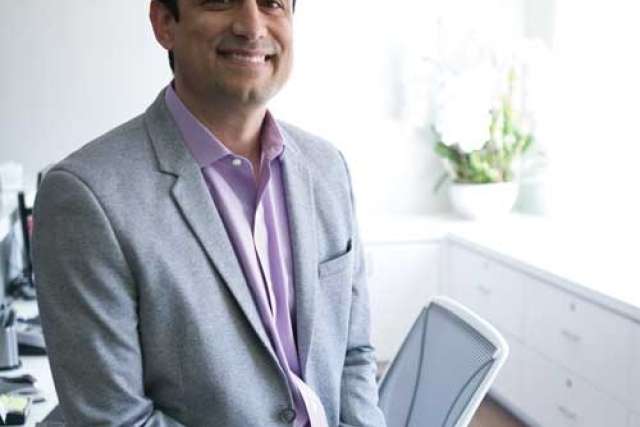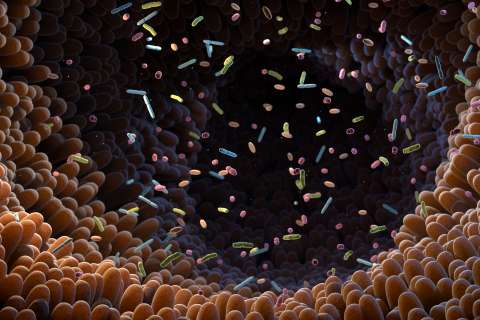The Adolescent Epilepsy Center at UCLA will open its doors in June at 300 UCLA Medical Plaza. The unique, multidisciplinary center will offer a holistic treatment approach for teenagers with epilepsy and their parents. “We frequently diagnose epilepsy during the teen years, and the condition can have a significant, often negative, impact on a child’s life,” says UCLA pediatric neurologist Jason T. Lerner, MD, the center’s director. “Studies suggest epilepsy has a greater negative effect on a teenager’s life than asthma, diabetes, juvenile rheumatoid arthritis or other chronic conditions.”
A center for teens with epilepsy has been a dream of Dr. Lerner’s for more than a decade. “I met my wife Kelly, who has epilepsy, while completing medical school,” he says. “At the time, she was running a support group for teenagers with epilepsy, and I quickly realized how few resources were available for teens and their parents. I found this especially troubling given the stigma and struggles associated with epilepsy.”
Children with epilepsy have a greater risk of depression, anxiety, attention deficit hyperactivity disorder (ADHD) and learning disabilities. The adolescent center brings together a multidisciplinary team of experts — epileptologists, psychiatrists, psychologists, social workers, registered dietitians, specialty nurse practitioners and an occupational therapist — in one convenient location. When needed, patients can meet with multiple care providers.
The center will also host separate monthly support groups for adolescents and their parents. “Many families have never met anyone else with epilepsy, even though it’s one of the most commonly diagnosed neurological conditions,” says Dr. Lerner. UCLA Health epilepsy specialists treat approximately 550 children with the disorder every year. “Our support groups will offer a safe way for teens and their caregivers to connect, share struggles and offer solutions,” says Dr. Lerner.
Staff at the center will also help smooth the transition from pediatric to adult epilepsy care. “It’s stressful to transfer care to a new medical team after five to 10 years with the same pediatric specialists,” says Dr. Lerner. “Our goal is to educate patients about everything associated with their individual diagnosis and treatment so they can confidently participate in the planning of care by the time they reach adulthood.” To facilitate the transition, patients at the adolescent center who choose to continue care at UCLA Health can see a nurse practitioner from the UCLA Adult Epilepsy Program.
Dr. Lerner stresses that the center’s overall mission isn’t just to control seizures or treat epilepsy. “We’re looking at the whole person and working to improve overall quality of life,” he says. In addition to mental health services, patients can work with registered dietitians to implement dietary changes that may reduce seizures. Social workers are available to help adolescents who are struggling in school or transitioning to college or the workforce. Staff at the center also plan to collaborate on a research project with the UCLA Mindful Awareness Research Center to study mindfulness as a complementary therapy for adolescents with epilepsy.



